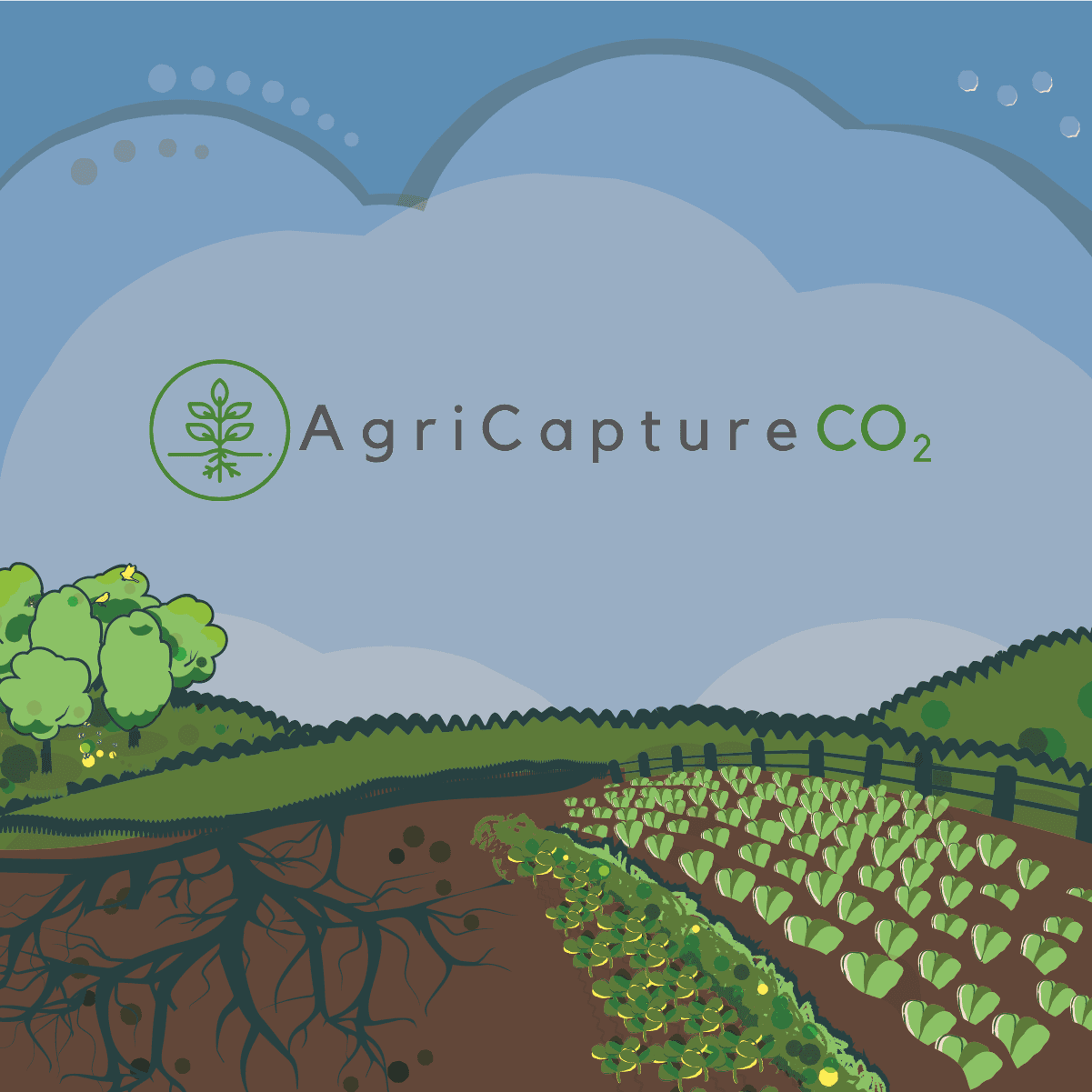Soil and Water
Soil is a farm’s primary asset, and there is an increasing awareness that past conventional management practices have not always been in the best long-term interests of soil health.
Poor soil health leads to declining yields, reduced resilience, increased erosion and runoff and the sedimentation and excess nutrient loading of our watercourses. Indeed, agriculture is responsible for some 75% of watercourse sedimentation, 50% of nitrate pollution and 25% of phosphate pollution in the UK.
In the post-CAP landscape of Environmental Land Management (ELM) and a focus on the safeguarding of our natural capital resources, ever more will be expected of farmers when it comes to the health and quality of our soils and rural waterways.
Here at the Allerton Project we have engaged in many research studies over the years to gain insight into the implications of varied land management strategies for soil and water health, and the interventions by which farmers and land managers can best safeguard soil and water for the mutual benefit of farm businesses and the environment.
On our 320ha estate we have put many of these research findings into practice, by reducing our tillage intensity, retaining crop residue on the soil surface, adopting cover crops, contouring our tramlines, utilising in-field and field-edge margins and buffers to reduce field runoff, and installing sedimentation traps to stop soil and nutrients leaving the farm boundaries. We have also installed a Bio Bed sprayer filling area to reduce the risk of point-source pollution from plant protection products, as well as fencing off our watercourses from livestock to reduce pollution and encourage rare flora and fauna. We are also conducting research into role of deep-rooting grasses and diverse leys in both increasing water infiltration and holding capacity and in building soil carbon stores, as well as the role of agroforestry in improving soil health and water quality at the catchment level, as well as installing ‘leaky dams’ to assess the impact of storing water on-farm to manage downstream flooding.
We are one of few research institutions in the UK with the ability to measure the full range of GHG emissions from soil, and in 2022 purchased our own soil oven to enable our research team to exercise a greater degree of accuracy in long-term data sampling.
Visitors to the Allerton Project are encouraged to discuss their own solutions to improved soil and water management while touring our own data-driven blueprint for more sustainable modern farming.
A selection of our research projects:
Water Friendly Farming – Freshwater Habitats Trust Freshwater Habitats Trust Water Friendly Farming is a long-term research demonstration project, designed to test the effectiveness of landscape-wide agri-environment measures, intended to reduce the impact of rural land use on freshwaters – ponds, streams, lakes, rivers and ditches – and the services they provide.
It is a long-term collaboration between the Allerton Project, Freshwater Habitats Trust, the University of York, the Environment Agency and landowners in three Leicestershire catchments within the Welland basin, in which the Allerton Project sits.
Home (soilcare-project.eu) We were one of 16 study sites across Europe for this EU-funded project which concluded in 2021. The project tested soil management practices intended to increase farm business profitability, while also delivering environmental benefits. Our local farmer network helped to set the research agenda to ensure that the research was relevant to their interests and needs.
Soil Biology and Soil Health Partnership | AHDB This AHDB funded research project concluded in 2022 and investigated the role of soil biology in improving soil function and associated benefits to crops. We were involved with the development of the AHDB Soil Health Scorecard, and researched the impact of continuous ploughing on a long-term direct-drilled field in heavy clay conditions.
Soil-Moisture-and-Management.pdf (allertontrust.org.uk) We have been using soil moisture sensors to help us understand how the data generated might inform decisions about timing of management practices such as mole ploughing and sub-soiling at different depths in the soil profile to avoid unnecessary soil degradation.
(PDF) Mitigation Options for Phosphorus and Sediment (MOPS): Reducing Pollution in Runoff from Arable Fields. (researchgate.net) We have undertaken extensive trials under the Mitigation Options for Phosphorous and Sediment Projects (MOPS) to determine the best means of reducing both soil and phosphorous pollution of rural watercourses.



